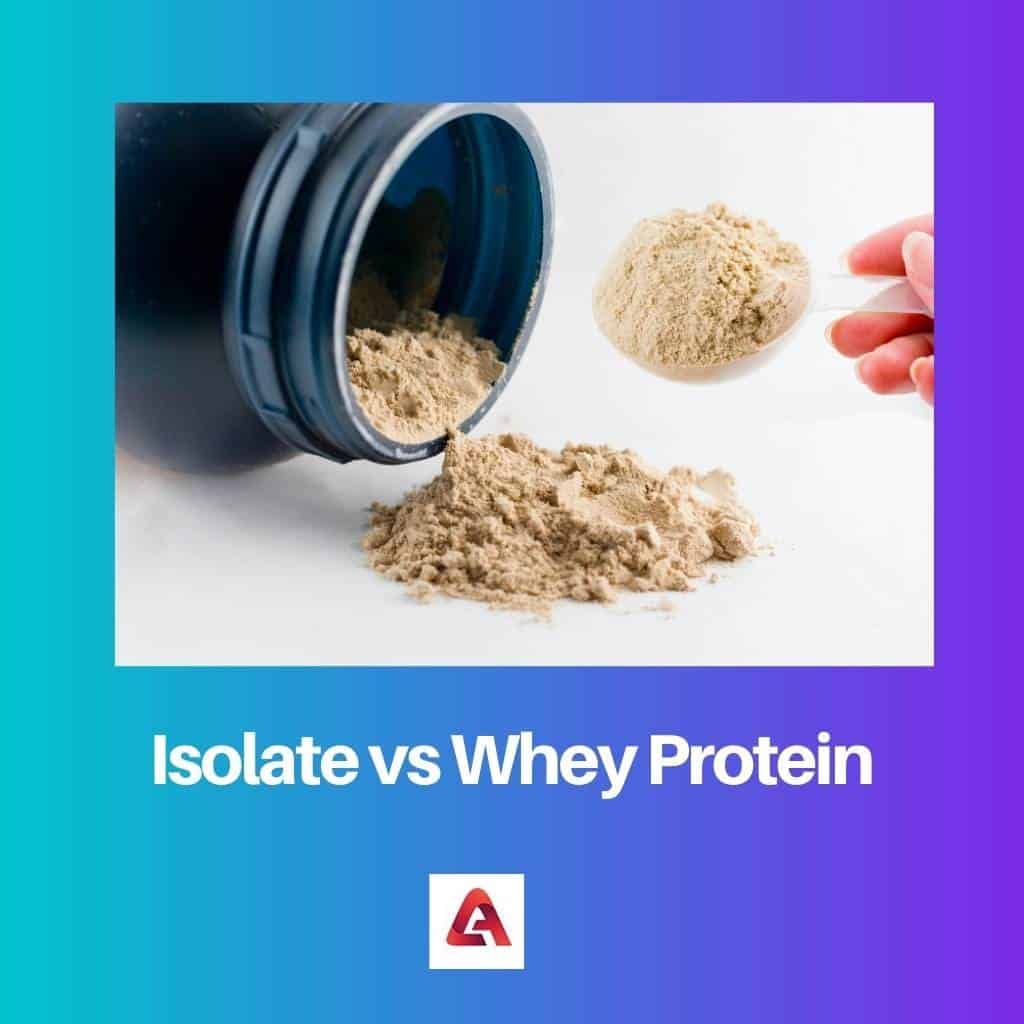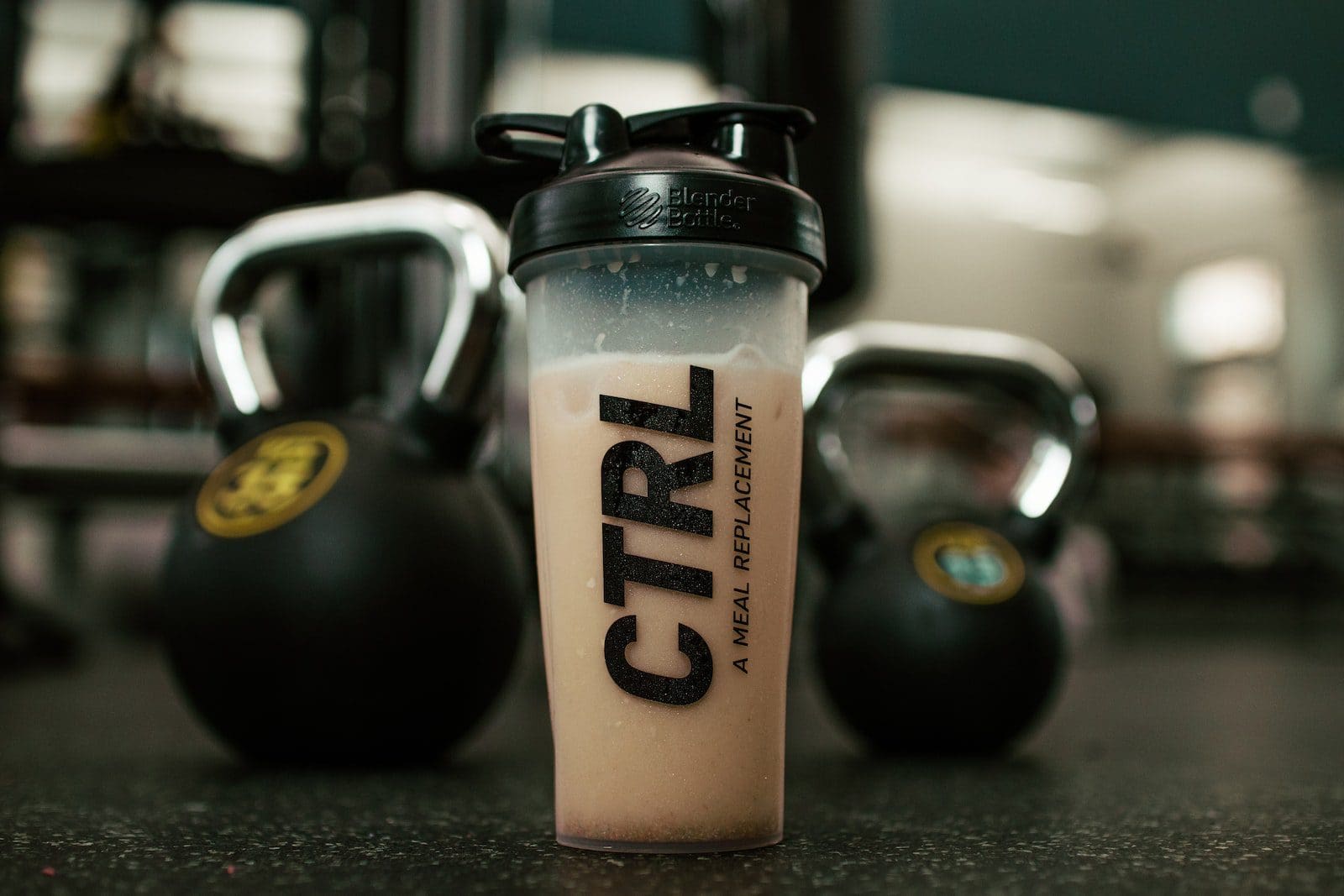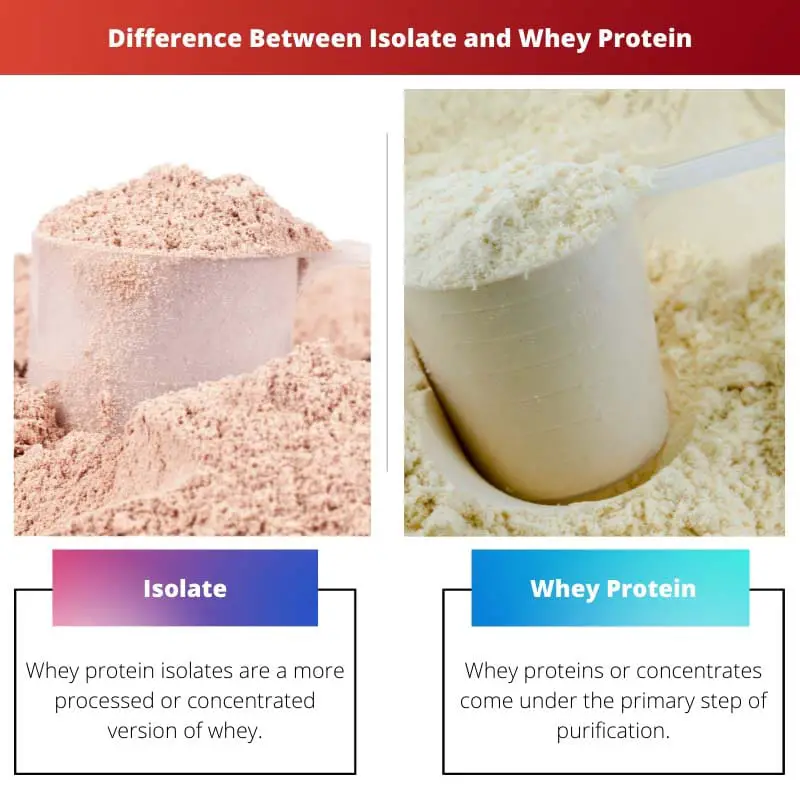Whey is a common source of protein that most people in the fitness regime rely on for their protein intake. There are certainly a lot of products in the market that produces whey.
Key Takeaways
- Isolate protein undergoes a filtration process, resulting in higher protein content and lower lactose and fat levels, while whey protein contains all components of milk proteins.
- Isolate protein is absorbed more quickly by the body, making it an ideal post-workout supplement, whereas whey protein provides a more sustained release of amino acids.
- Whey protein is more affordable due to less processing, while isolate protein is more expensive but may be more suitable for those with lactose intolerance or specific dietary needs.
Isolate vs Whey Protein
Isolate protein is a type of protein supplement that is highly processed to serve lower contents of fats and lactose. It is a rich source of 90%-95% protein. Isolate protein is a good alternative for people with lactose intolerance. Whey protein is a protein source derived from whey that contains lactose and fats. It has about 30-80% of protein. This supplement can help with muscle building and weight gain.

As a small chunk of the population does have a food sensitivity and tolerance level for lactose sugar, isolates come in handy to serve its need.
Interestingly people have even started using whey protein powder to incorporate into their daily diet with different dessert recipes such as cookies and pancakes.
Comparison Table
| Parameters of Comparison | Isolate | Whey Protein |
|---|---|---|
| Composition | Isolates contain 90% protein and about 5.5% water. | Commonly, around 25g of protein per one heaping scoop. Possess around 30-80% protein. |
| Protein percentage | Relatively higher than whey protein, around 90% or more percent by weight. | 80% protein by weight. |
| Usage | Ideal for calorie deficit diet plans. | Ideal for muscle building. |
| Carbohydrate & fat levels | Carbs and fat content are lower than whey protein. | It contains a significant amount of carb and fat. |
| Absorption | Contains minimal lactose, hence easily digested and absorbed by the body. | Contains lactose and fats, thus requires more time to absorb. |
What is Isolate?
Whey protein isolates are a more processed or concentrated version of whey.
The whey protein is concentrated through further microfiltration and then ultra-filtered to remove the lactose content and carbohydrates present in the whey protein to make it easy to adsorb.
The lactose content is as least as 0.8g per 100g of isolate, thus making it a perfect source of protein to moderate lactose intolerants.
The taste of isolate is flavorless if it is not processed with flavors thus, it is tasteless in its original state. The isolates are recommended to be consumed within an hour to terminate the dispersion of protein in the beverage.
It also consists of a very negligible amount of cholesterol, fat, and lactose. Some companies later add lactase which helps in faster digestion and adsorption.

What is Whey Protein?
Whey proteins or concentrates come under the primary step of purification. It contains a negligible amount of protein when compared to that isolate.
This water undergoes further purification processes to pasteurize the liquid whey to kill the bacteria and other microbes present in it.
Whey protein certainly possesses a lot of benefits, including protein provision, it also provides various healing properties, nutritional supplements, and weight gain.
Some research claims that whey protein could help increase immunity in children suffering from asthma.

Main Differences Between Isolate and Whey Protein
- Whey protein may contain some traces of cholesterol and lactose.
- Whey and isolates can both be consumed in moderation to lose weight, to quench the protein requirement.

- https://www.ncbi.nlm.nih.gov/pmc/articles/PMC6142015/
- https://www.ncbi.nlm.nih.gov/pmc/articles/PMC5537849/





This article provides a wealth of information about isolate and whey protein, making it easier to evaluate the best option for different health and fitness goals.
I agree. The article presents detailed comparisons and scientific evidence for both isolate and whey protein.
The comprehensive analysis enhances our understanding of these two protein supplements and their applications.
The detailed information about isolate and whey protein is enlightening. The article effectively explains the differences and benefits of each supplement.
Absolutely. It’s great to have such thorough information to make informed decisions about protein intake.
I appreciate the in-depth comparison and the scientific evidence supporting the content.
I appreciate the well-researched details shared in this article about isolate and whey protein. It’s a comprehensive resource for understanding the differences and making informed choices.
Absolutely. The scientific insights add a lot of value to the comparison between isolate and whey protein.
The detailed analysis of the composition and benefits helps in understanding the distinct features of isolate and whey protein.
Great comparison. The article provides valuable details about the different types of protein supplements, helping readers choose the most suitable option for their dietary needs.
The references and comparative analysis of isolate and whey protein make this article very informative.
I agree. It’s beneficial to know the distinctions and advantages of isolate and whey protein.
Informative content. The article provides a clear understanding of isolate and whey protein and their respective benefits. It’s a useful guide for fitness enthusiasts.
It’s interesting to learn about the filtration process of isolate protein and the benefits it provides. The comparison table is very helpful.
Agreed. The concise comparison makes it easy to distinguish between isolate protein and whey protein.
Yes, the details about absorption and composition are particularly informative.
This article offers extensive knowledge about the differences and benefits of isolate protein and whey protein. The references add credibility to the information presented.
Absolutely. The scientific references make the content reliable and useful.
I appreciate the inclusion of research studies to support the key takeaways.
The details about the filtration and purification processes are fascinating. The article provides a comprehensive understanding of these protein supplements.
Yes, the breakdown of the filtration and purification methods clarifies how isolate and whey protein differ.
Thanks for providing the insightful comparison between isolate and whey protein.
I agree, now it is easier to understand which protein is better for our specific dietary needs
Great detailed information on the composition and usage of both protein supplements
This is very informative. It’s nice to have a clear comparison of isolate and whey protein to make informed choices based on dietary requirements.
Agreed. This detailed comparison helps in selecting the right protein supplement based on individual needs.